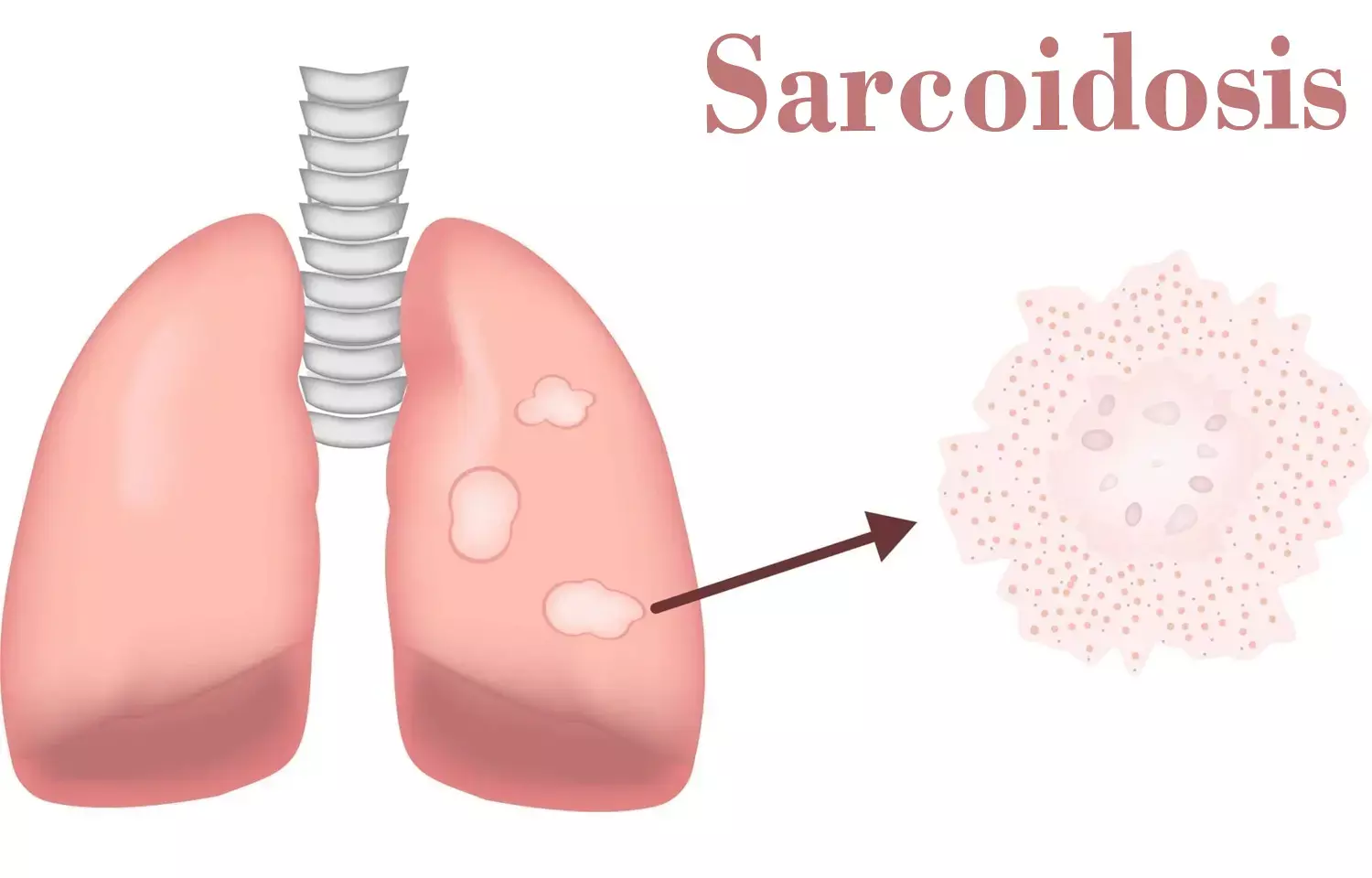- Home
- Medical news & Guidelines
- Anesthesiology
- Cardiology and CTVS
- Critical Care
- Dentistry
- Dermatology
- Diabetes and Endocrinology
- ENT
- Gastroenterology
- Medicine
- Nephrology
- Neurology
- Obstretics-Gynaecology
- Oncology
- Ophthalmology
- Orthopaedics
- Pediatrics-Neonatology
- Psychiatry
- Pulmonology
- Radiology
- Surgery
- Urology
- Laboratory Medicine
- Diet
- Nursing
- Paramedical
- Physiotherapy
- Health news
- Fact Check
- Bone Health Fact Check
- Brain Health Fact Check
- Cancer Related Fact Check
- Child Care Fact Check
- Dental and oral health fact check
- Diabetes and metabolic health fact check
- Diet and Nutrition Fact Check
- Eye and ENT Care Fact Check
- Fitness fact check
- Gut health fact check
- Heart health fact check
- Kidney health fact check
- Medical education fact check
- Men's health fact check
- Respiratory fact check
- Skin and hair care fact check
- Vaccine and Immunization fact check
- Women's health fact check
- AYUSH
- State News
- Andaman and Nicobar Islands
- Andhra Pradesh
- Arunachal Pradesh
- Assam
- Bihar
- Chandigarh
- Chattisgarh
- Dadra and Nagar Haveli
- Daman and Diu
- Delhi
- Goa
- Gujarat
- Haryana
- Himachal Pradesh
- Jammu & Kashmir
- Jharkhand
- Karnataka
- Kerala
- Ladakh
- Lakshadweep
- Madhya Pradesh
- Maharashtra
- Manipur
- Meghalaya
- Mizoram
- Nagaland
- Odisha
- Puducherry
- Punjab
- Rajasthan
- Sikkim
- Tamil Nadu
- Telangana
- Tripura
- Uttar Pradesh
- Uttrakhand
- West Bengal
- Medical Education
- Industry
Tofacitinib a potential treatment for sarcoidosis: Study

Australia: Tofacitinib, a JAK inhibitor, could be used for the treatment of sarcoidosis, suggests a recent study in the Journal of the American Academy of Dermatology. In a series of cases, the researchers reported successful treatment of five patients having cutaneous sarcoidosis with tofacitinib.
Sarcoidosis is a multi-organ inflammatory disease characterized by noncaseating granulomas. In approx 25% of the cases, cutaneous involvement occurs. Not all the patients require treatment but for those of who do, steroid-sparing agents and corticosteroids may be useful. These agents are not universally effective and their use may be limited by toxicity. So, there arises a need for safe and effective therapies.
Activator of transcription (STAT) pathway and Janus kinase (JAK)-signal transducer seems to play a role in pathogenesis. Some studies have suggested tofacitinib to be involved in the down regulation of JAK-STAT-dependent pathways thereby reducing proinflammatory cytokine levels as implicated in granuloma formation; successful treatment of sarcoidosis with JAK-inhibitors tofacitinib and ruxolitinib have since been reported.
Karolina L. Kerkemeyer, Sinclair Dermatology, East Melbourne, Victoria, Australia, and colleagues report a case series of 5 women with refractory cutaneous sarcoidosis, all of whom responded to oral tofacitinib. Among them, 3 women also had pulmonary sarcoidosis and experienced decreased cough and/or increased exercise tolerance while taking tofacitinib. Tofacitinib was well-tolerated by all patients. The only side effect noted was transient lymphopenia in 1 patient, which spontaneously resolved.
"The study adds to the growing body of literature suggesting a potential role for the use of JAK inhibitors to treat sarcoidosis," wrote the authors.
"Although further prospective studies are necessary, tofacitinib, a JAK inhibitor, may be a potential treatment for sarcoidosis refractory to systemic steroids and other steroid-sparing agents," they concluded.
"Tofacitinib for cutaneous and pulmonary sarcoidosis: a case series," is published in the Journal of the American Academy of Dermatology.
DOI: https://www.jaad.org/article/S0190-9622(20)32827-9/pdf
Dr Kamal Kant Kohli-MBBS, DTCD- a chest specialist with more than 30 years of practice and a flair for writing clinical articles, Dr Kamal Kant Kohli joined Medical Dialogues as a Chief Editor of Medical News. Besides writing articles, as an editor, he proofreads and verifies all the medical content published on Medical Dialogues including those coming from journals, studies,medical conferences,guidelines etc. Email: drkohli@medicaldialogues.in. Contact no. 011-43720751


